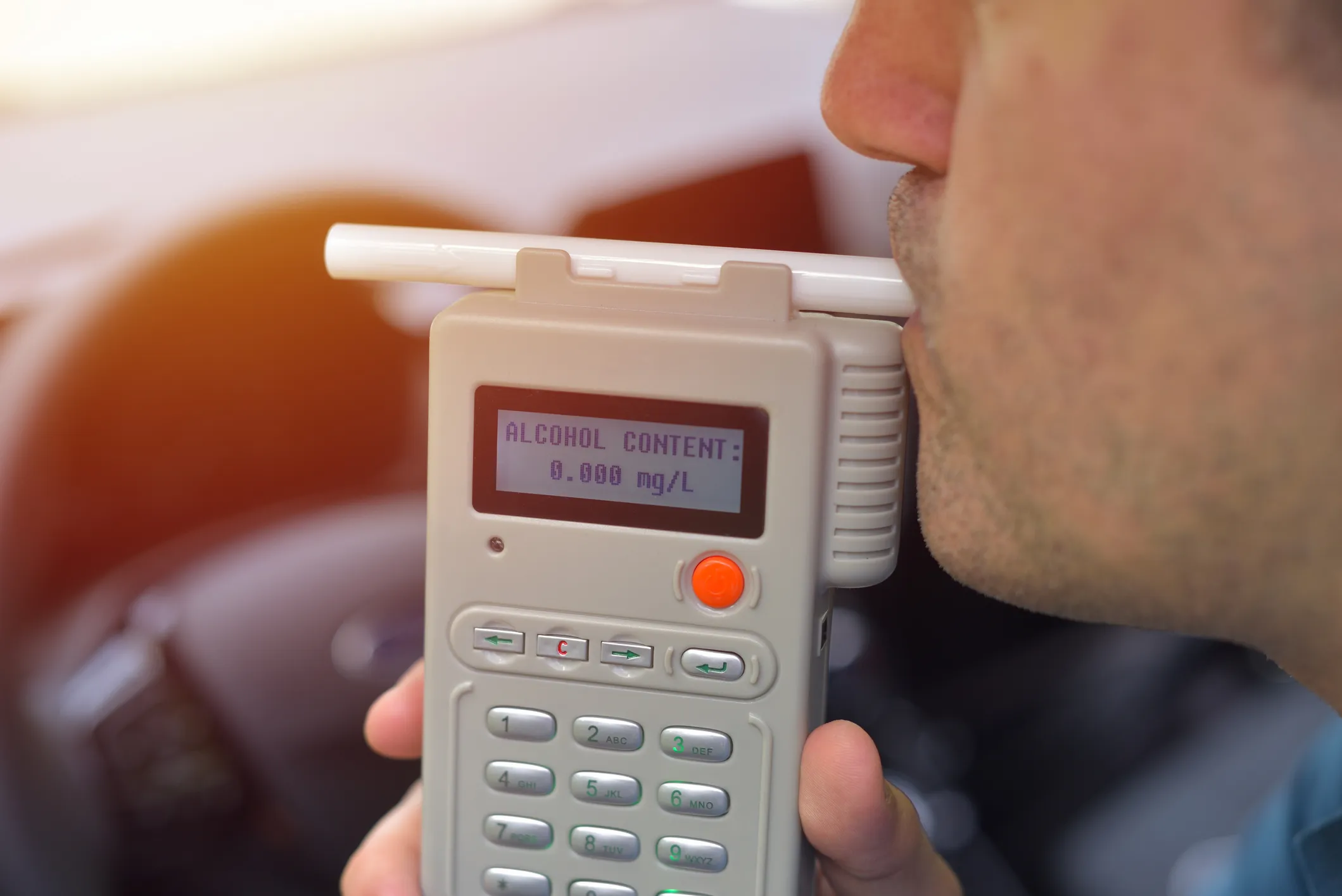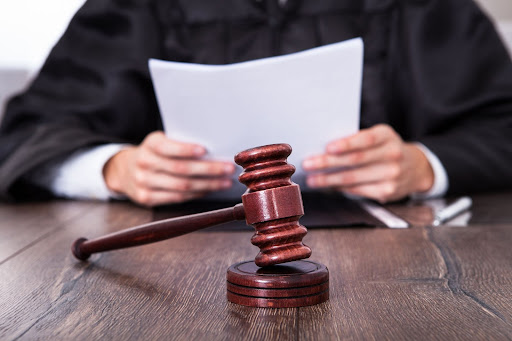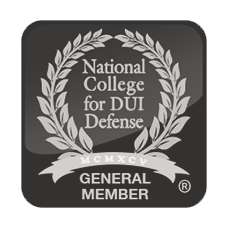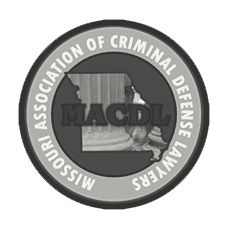A breathalyzer is a device used by law enforcement to assist them in determining if a motor vehicle operator is driving while over the legal limit of alcohol consumption. The breathalyzer indirectly measures the amount of blood alcohol content by analyzing your breath. By blowing into a mouthpiece attached to a machine, your breath can cause chemical reactions that indicate the presence of alcohol.
Suppose you believe your rights were violated when accused of committing a DUI. In that case, you may need an experienced St. Louis DWI lawyer to help you protect your reputation and future and avoid a conviction. Contact our office to discuss your DUI defense strategy further.

What is a breathalyzer?
Generally, two types of breathalyzers are used. There is a small handheld unit that is used during field sobriety tests, and there is a larger device that is used in the police station. The small unit used at traffic stops is not reliable enough to provide accurate evidence, but they can show the presence of alcohol. The larger units used at a police station are sophisticated and produce readings that are admissible as evidence.
If you have been pulled over for suspicion of impaired driving, it is important to know your rights. Law enforcement must take many steps to follow proper procedures during a suspected DWI stop. To legally request a breathalyzer test, they must first have sufficient reason.
The officer must observe your driving and behavior, speak with you to get a statement, and conduct several field sobriety tests. If, after conducting these tests, the officer believes you are intoxicated, they can request that you take a breathalyzer. The legal limit in Missouri is a blood alcohol content of .08.
Are you required to take a breathalyzer test?
If the officer has reasonable suspicion that you are intoxicated, then they will ask you to take a breath test. This is part of the Implied Consent Law in Missouri. This law states that since you have a driver’s license and you are driving on the roads of Missouri, you agree to adhere to all the driving laws, including driving under the legal blood alcohol content limit.
Do you have to take a breathalyzer test? You can always decline. In Missouri, however, under the Implied Consent Law, there are consequences if you do not take it. Refusing to submit a test will likely lead to a one-year revocation of your license.
Do police have to show you breathalyzer results?
At the traffic stop, it is up to the officer to decide whether to show you the results. These small handheld devices are not too accurate and are not admissible in court. If you are placed under arrest and taken to the police station, they will conduct a breath test on a larger, more accurate machine. When you are released, the police department may provide a printout of those results. Your attorney will have a right to obtain your results later.
Do you have to blow into a breathalyzer test? Contact a DWI lawyer in St. Louis to challenge your test results
There is no clear “one size fits all” answer on whether to refuse a breathalyzer test. We recommend calling us immediately if asked to give a breath test. We can then give you real-time legal advice based on your circumstances. If you have found yourself in this position and have been arrested on suspicion of drunk driving, you will need legal assistance with your DWI defense. At JCS Law, we are experts in guiding you through navigating a false arrest or unfounded license suspension.
JCS Law is the premier law office in the St. Louis area. If you believe that your tests were false or inaccurate or if you believe your license suspension was unfounded, we can help. Call today at (314) 561-9690 and speak with one of our representatives about a free, no-obligation consultation, or complete our online contact form.

















